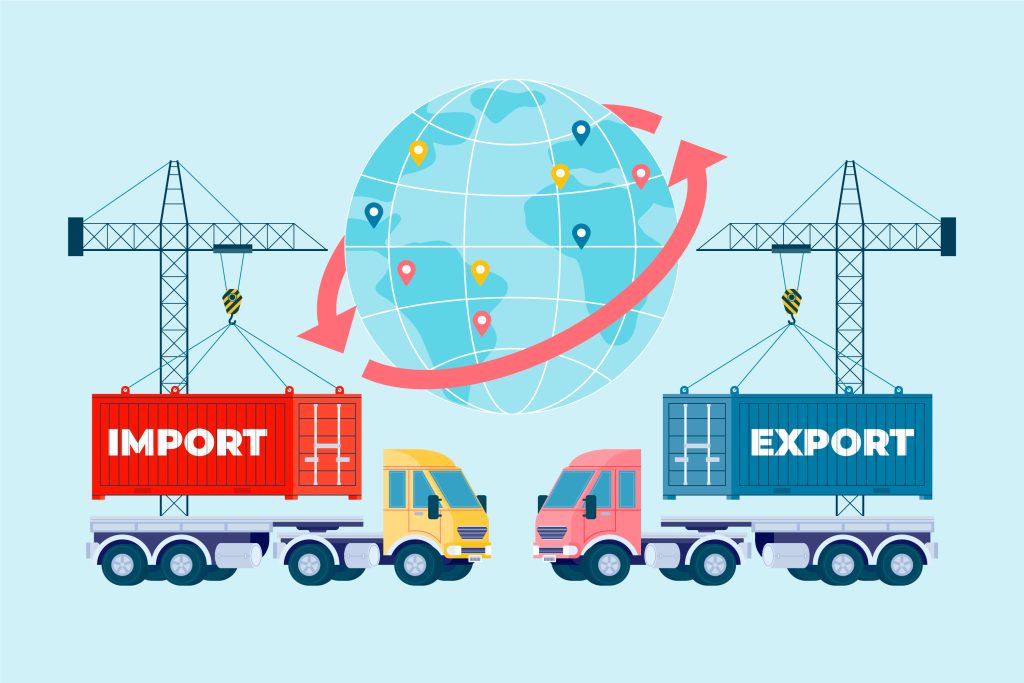
Hello reader, in today’s interdependent global economy, the import and export industry play an important role in facilitating international trade. However, the way to success in this field is filled with challenges, and avoiding common mistakes is crucial.
In this blog, we will explore the key mistakes that traders often make in the import and export industry, dropping light on strategies to eradicate these drawbacks and succeed in the international trade sector. Whether you are an experienced trader or just stepping into this industry, this blog will provide you with the essential knowledge to make your journey smoother and more prosperous.
For hurdle-free export and import processes, here are the common mistakes to avoid in the trading industry:
1. Signing a Contract Without Confirming the Legitimacy of the Buyer:
One of the most demanding mistakes to avoid in the import and export industry is blindly signing contracts with buyers without confirming their legitimacy. To prevent this, conduct thorough due research on potential buyers, checking their registration, past business history, and financial security. This will help protect your business from fake transactions.
2. Understanding the Country Regulations:
Exporting and importing involves dealing with diverse international country’s regulations and customs requirements. Omitting or misunderstanding these regulations can lead to costly delays and complicated situations. Make sure you’re well-versed in the specific regulations of the particular countries you’re dealing with, including customs, tariffs, and documentation requirements.

3. Lack of Knowledge:
A lack of industry knowledge can be disturbing. Staying updated about market trends, trade agreements, and changes in global commerce is very important for making informed decisions. Consider continuous studying and networking to stay up-to-date and competitive in the import-export business.
4. Neglecting Some Rules and Importance of INCOTERMS:
INCOTERMS (International Commercial Terms) defines the duties and obligations of both the buyer and the seller in international trade. Neglecting to understand and use the INCOTERMS properly can result in disputes and financial losses. Familiarize yourself with these incoterms and use them correctly in your trade contracts to ensure clarity and avoid misunderstandings.

5. Risk of Losing Money:
Financial risks are inherent in the international trading process. Avoid making the mistake of not properly assessing and relieving these risks. Consider using tools like letters of credit, export credit insurance, and implementing strategies to protect your finances and reduce the risk of losing trade money.
6. Insurance:
Not having sufficient insurance coverage is a common mistake in the import-export industry. Shipping goods across a country’s borders can be risky due to various factors like theft, damage, or unforeseen events like climatic conditions and natural disasters. Make sure you have the right insurance policies in place to safeguard your investments and reduce financial vulnerabilities.
7. Not Knowing Exchange Rates:
Fluctuating exchange rates can significantly show an impact on the profitability of international transactions. Failing to monitor the transactions and account for currency exchange rates can lead to unexpected losses. Stay updated about currency trends and consider strategies like hedging to mitigate exchange rate risks.
In the import and export industry, avoiding these common mistakes is important for the success and sustainability of your business. Stay attentive, continuously educate yourself, and seek expert advice when necessary to navigate the complex world of international trade effectively. By controlling clear of these mistakes, businesses can ensure smoother trade operations, reduce costs, and ultimately, achieve greater success in the global market.
Whether it’s holding to regulations, conducting thorough market research, managing logistics efficiently, or establishing booming relationships with partners, vigilance and a proactive approach are key to growing in this dynamic and profitable sector. Remember, the import and export industry presents both challenging situations and opportunities, and the ability to learn from these common mistakes is an important step toward achieving long-term prosperity.
